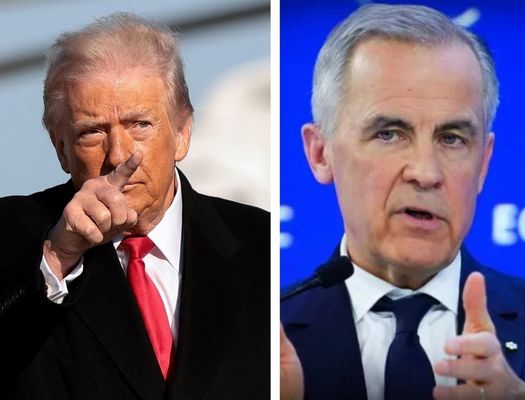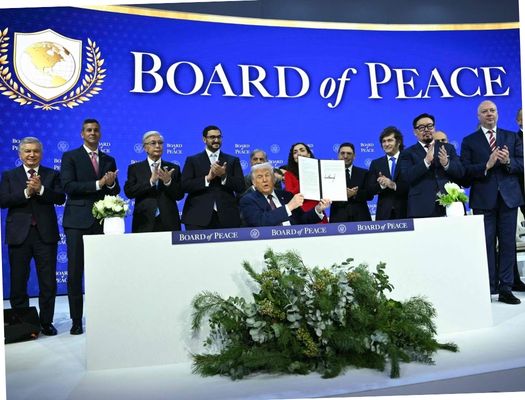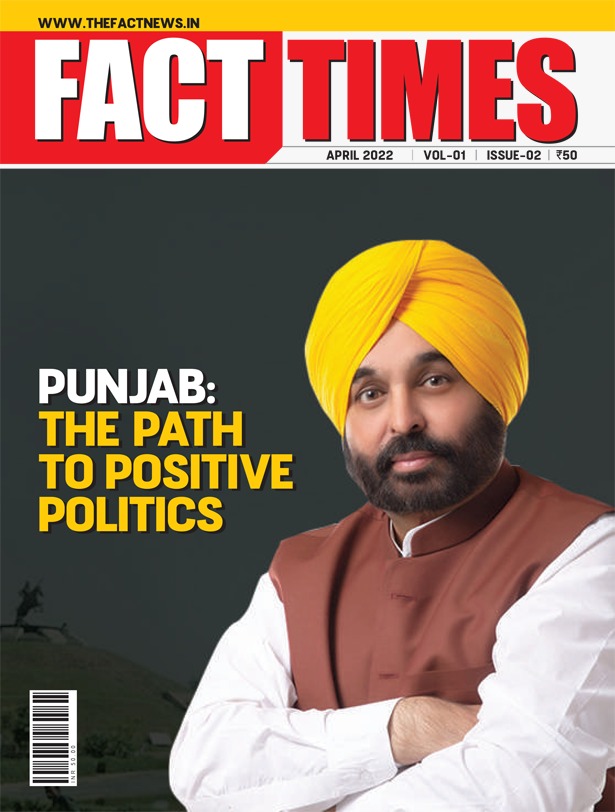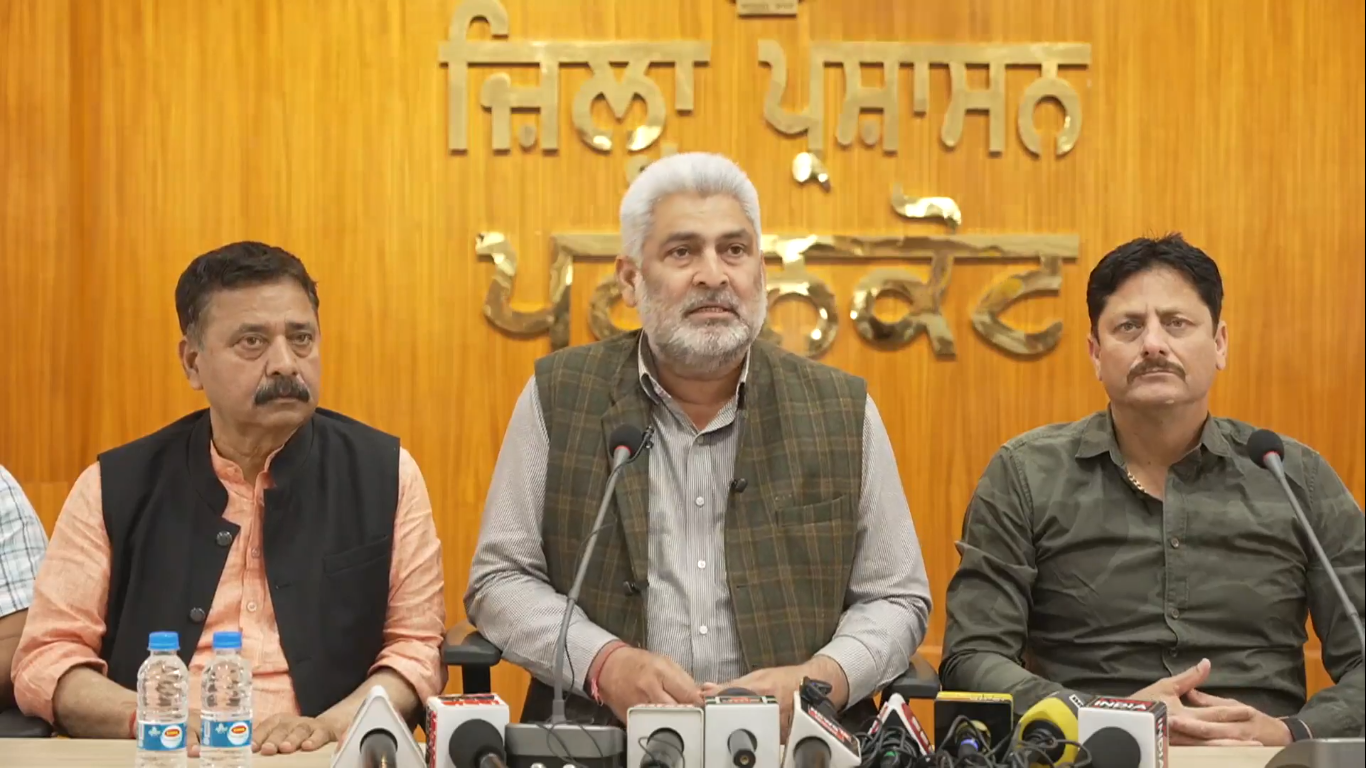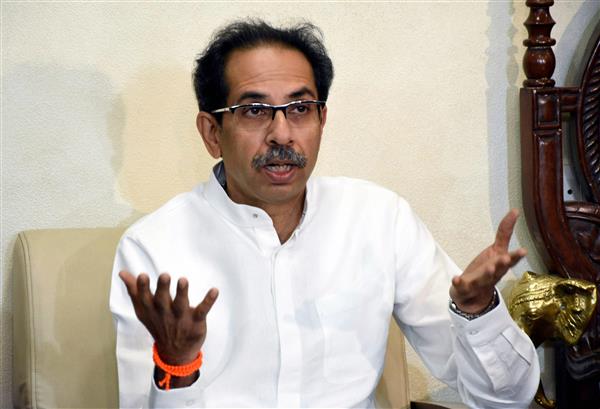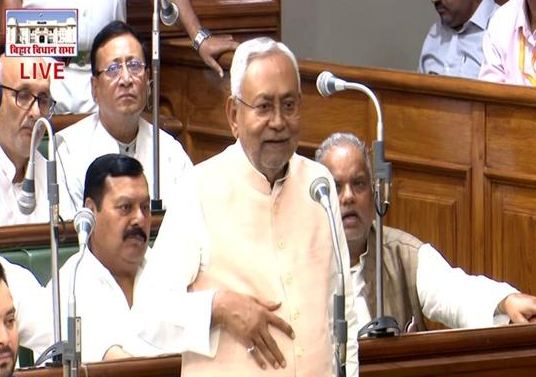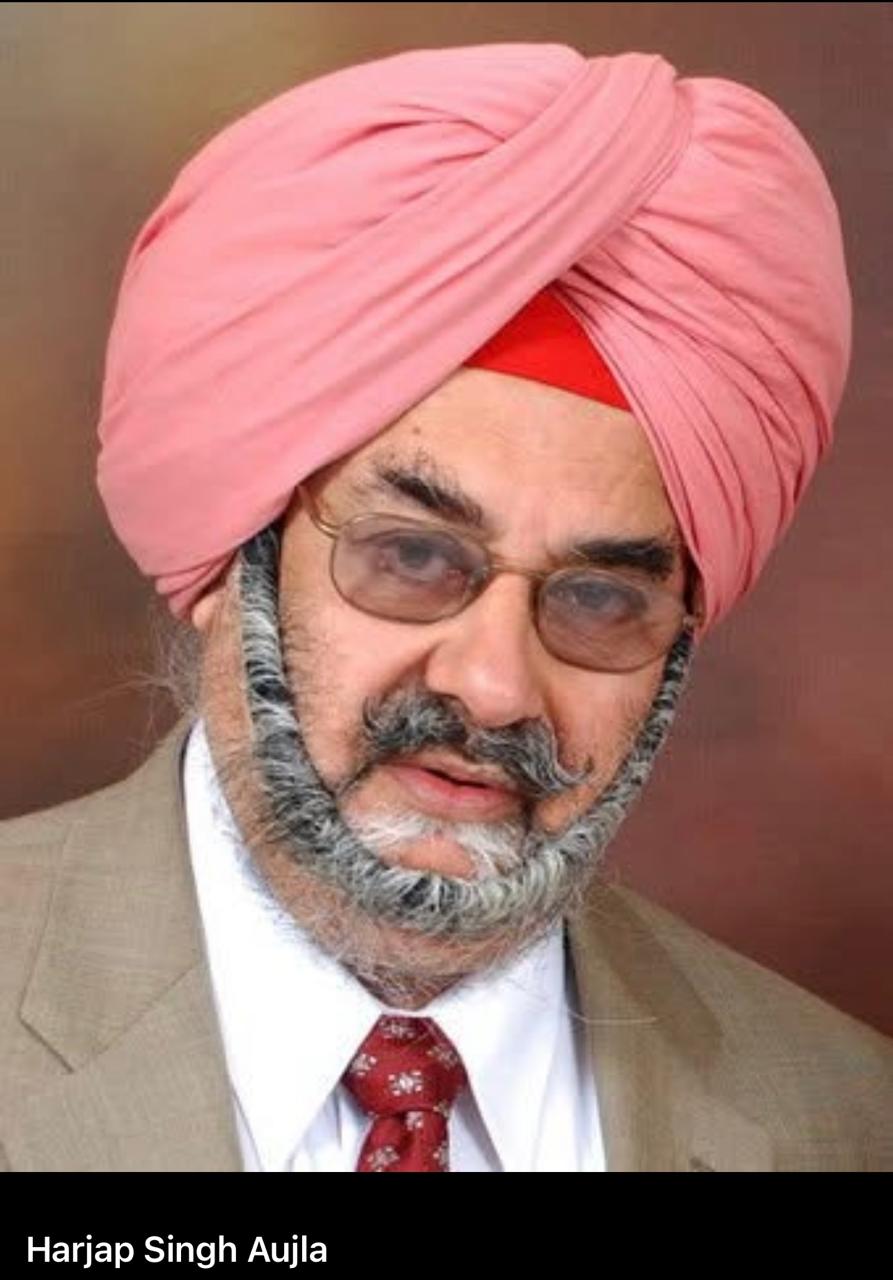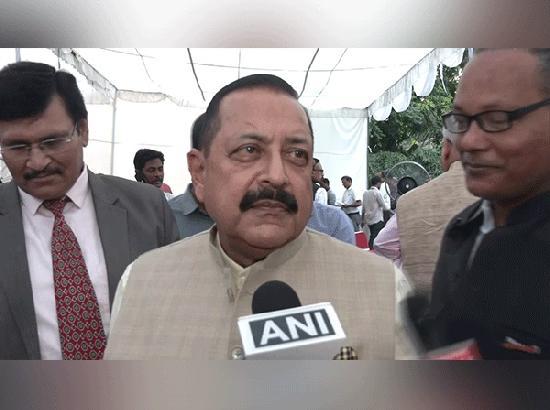US backs Canada’s allegations, urges India to “cooperate”
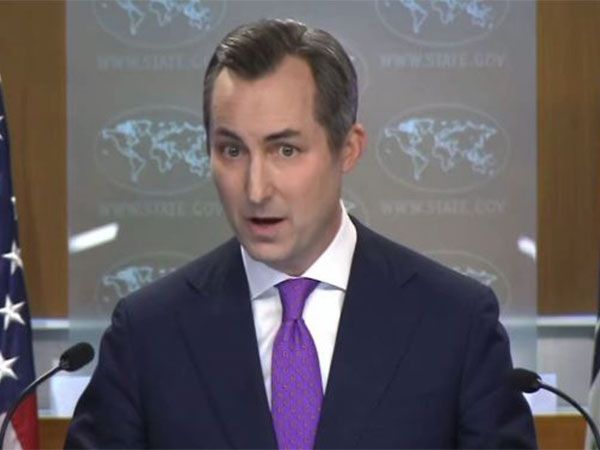
Washington [US], October 16
Terming Canada’s allegations “extremely serious,” US has asked India to “cooperate” with Ottawa’s investigation into the killing of Sikh separatist leader Hardeep Singh Nijjar.
India and Canada have been dealing with an unprecedented diplomatic crisis after Prime Minister Justin Trudeau alleged that Indian government agents were involved in the killing of Nijjar in Canada.
India has rejected Canada’s allegations, terming it “absurd” and “politically motivated.”
On Monday, Canada expelled six Indian diplomats and consular officials in connection with a probe of the killing of Khalistani terrorist Hardeep Singh Nijjar in British Columbia in 2023. India has also announced its decision to expel six Canadian diplomats, which include Canada’s Acting High Commissioner in India, Steward Ross Wheeler, Deputy High Commissioner in India Patrick Hebert and First Secretary Marie Catherine Joly.
“We have made clear that the Canadian allegations are extremely serious and they need to be taken seriously and we wanted to see the Government of India cooperate with Canada and its investigation. But, India has chosen an alternate path…,” US Department of State Spokesperson Matthew Miller said in a press briefing on Tuesday.
He emphasised the need for cooperation between the two countries, stating, “I do not have any further comment beyond what the two countries have said publicly. We have urged them to cooperate and will continue to urge them to do so.”
This comes in the wake of rising diplomatic strains over Canadian allegations against India, which have yet to be substantiated with evidence.
When questioned about the status of these allegations, Miller responded, “I will defer to those two countries to speak to the relevant status of the matter.”
However, Miller reassured that the US-India bilateral relationship remain strong, citing multiple areas of collaboration.
“India continues to be an incredibly strong partner of the United States. We’ve worked with them on a number of matters including our shared vision for a free, open and prosperous Indo-Pacific, and when we have concerns, we have the kind of relationship where we can take those concerns to them and have very frank, candid conversations about those concerns, and that’s what we’ve been doing,” he said.

